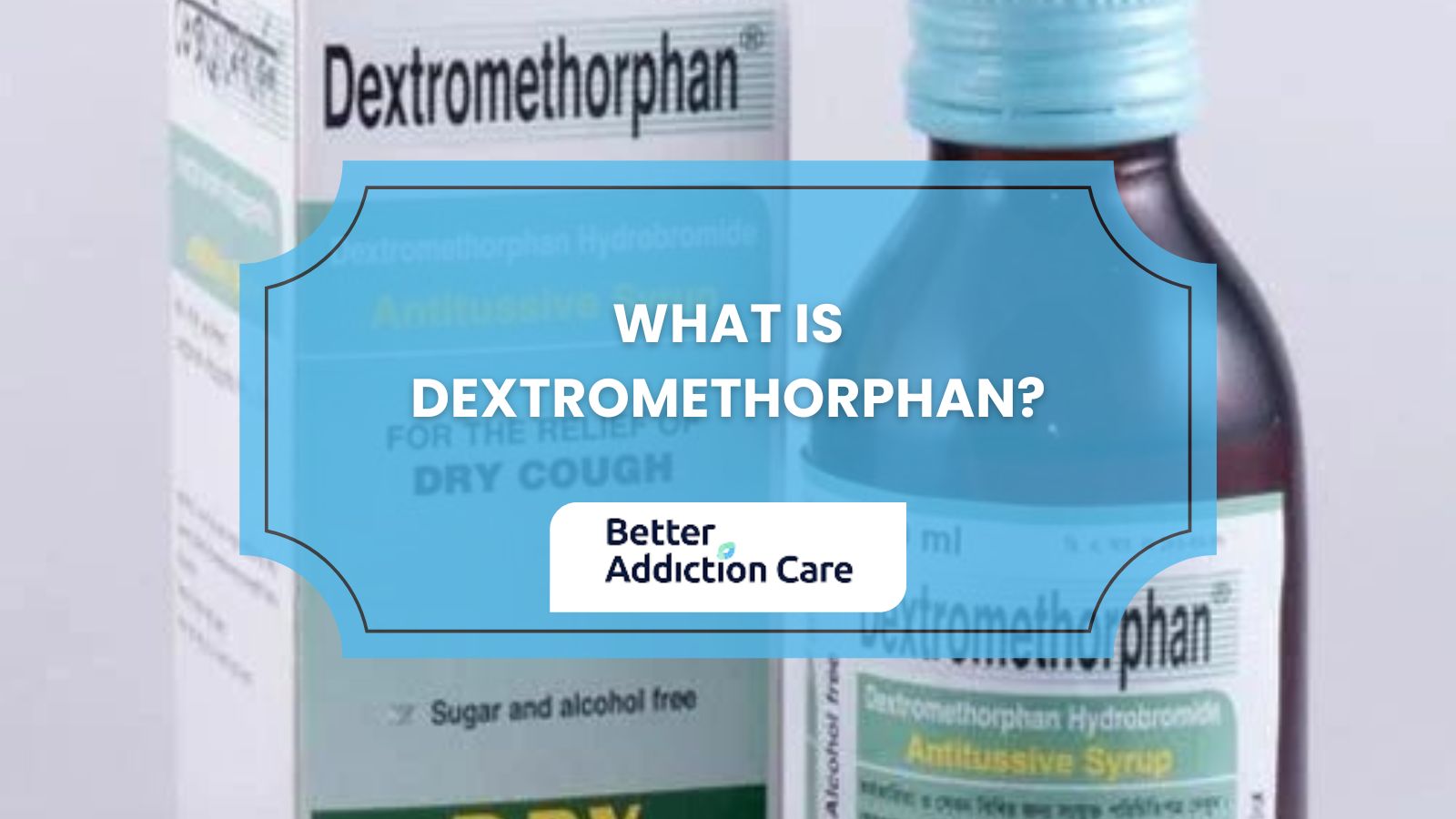
Overview
Mount Rogers Community Services Board - Riverchase Youth and Family Services is a substance abuse treatment center for people seeking treatment near Smyth County. As part of their treatment modalities for recovery, Mount Rogers Community Services Board - Riverchase Youth and Family Services provides cognitive behavioral therapy, telemedicine/telehealth therapy, and trauma-related counseling during treatment. Mount Rogers Community Services Board - Riverchase Youth and Family Services is located in Marion, Virginia, accepting cash or self-payment for treatment.
Mount Rogers Community Services Board - Riverchase Youth and Family Services at a Glance
Payment Options
- Cash or self-payment
- Medicaid
- Private health insurance
Assessments
- Screening for tobacco use
- Comprehensive mental health assessment
- Comprehensive substance use assessment
- Screening for mental disorders
- Professional interventionist/educational consultant
Age Groups
- Children/adolescents
- Young adults
- Adults
Ancillary Services
- Case management service
- Mental health services
- Social skills development
Highlights About Mount Rogers Community Services Board - Riverchase Youth and Family Services
6.71/10
With an overall rating of 6.71/10, this facility has following balanced range of services. Alcohol Rehabilitation: 8.00/10, Drug Rehab and Detox: 6.00/10, Insurance and Payments: 6.00/10, Treatment Options: 6.85/10.-
Alcohol Rehabilitation 8.00
-
Treatment Options 6.85
-
Drug Rehab and Detox 6.00
-
Insurance and Payments 6.00
Treatment At Mount Rogers Community Services Board - Riverchase Youth and Family Services
Treatment Conditions
- Alcoholism
- Mental health treatment
- Substance use treatment
- Co-occurring Disorders
Care Levels
- Outpatient
- Regular outpatient treatment
Treatment Modalities
- Cognitive behavioral therapy
- Telemedicine/telehealth therapy
- Trauma-related counseling
- Family counseling
- Motivational interviewing
Ancillary Services
Languages
- Sign language services for the deaf and hard of hearing
Additional Services
- Pharmacotherapies administered during treatment
- TB screening
Special Programs
- Clients who have experienced trauma
Contact Information
Read our Most Recent Article About Drug Addiction
DISCLAIMER: The facility name, logo and brand are the property and registered trademarks of Mount Rogers Community Services Board - Riverchase Youth and Family Services, and are being used for identification and informational purposes only. Use of these names, logos and brands shall not imply endorsement. BetterAddictionCare.com is not affiliated with or sponsored by Mount Rogers Community Services Board - Riverchase Youth and Family Services.








